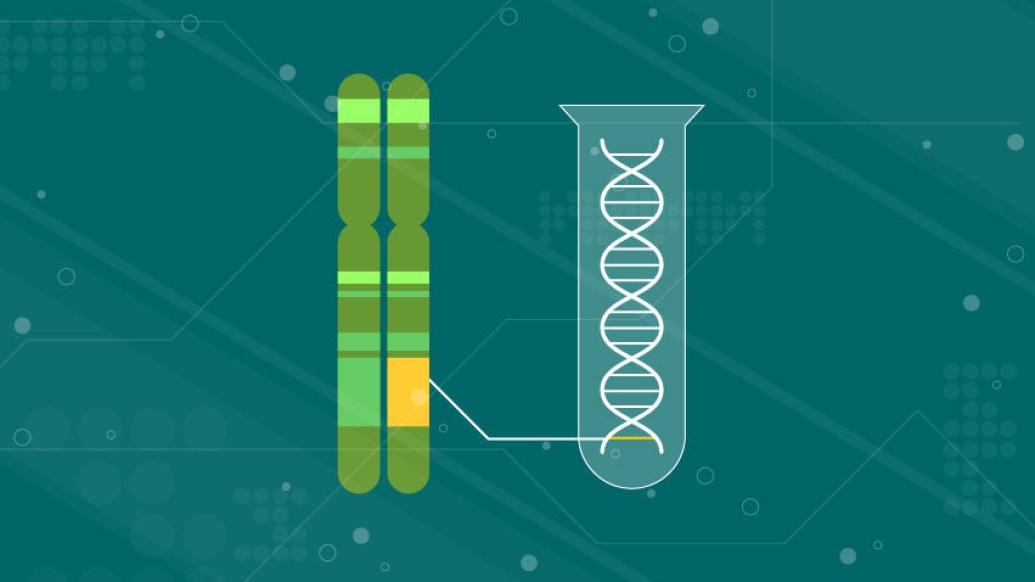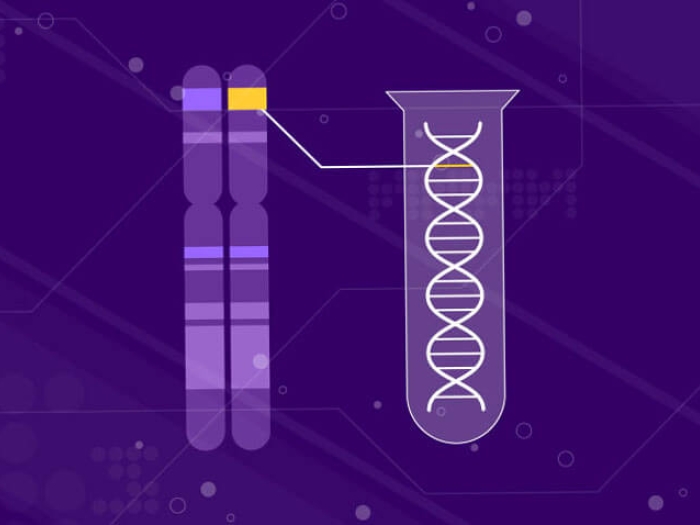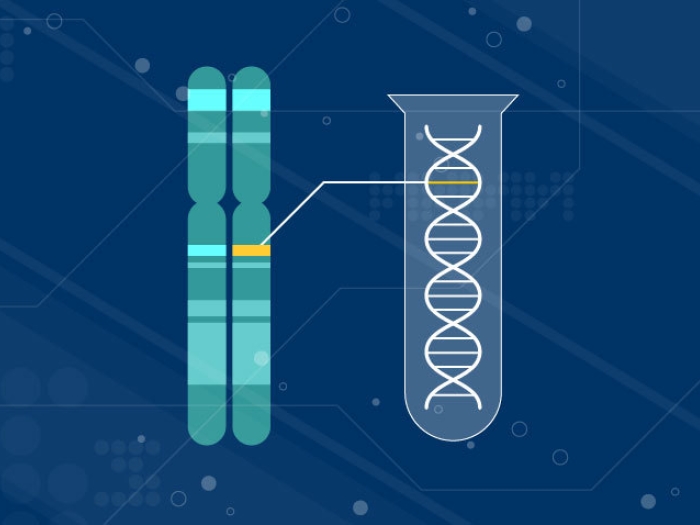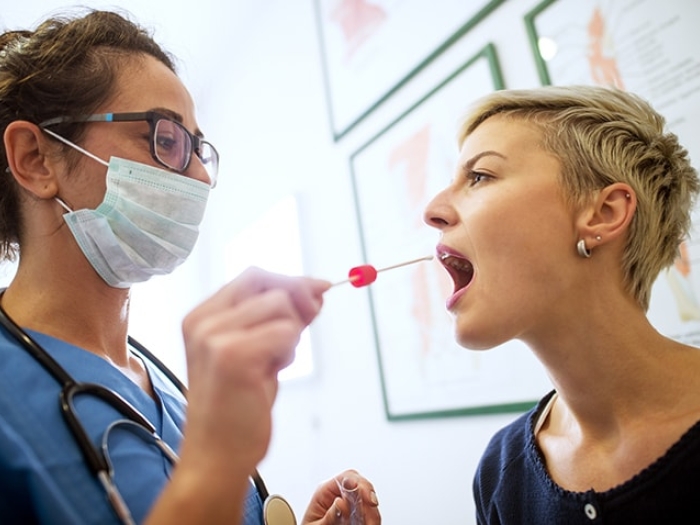A genetic counselor discusses how genetic testing can help guide treatment decisions as well as inform preventive measures.
11:06 AM
Author |

This article is the second piece of a three-part conversation on BRCA1 and BRCA2 gene mutations. Read "BRCA1 and BRCA2 Gene Mutations: The Basics" and "BRCA1 and BRCA2 Gene Mutations: I Have a Mutation, What Are My Options?"
BRCA1 and BRCA2 gene mutations are linked to the development of breast cancer, ovarian cancer and other types of cancer.
Genetic testing and counseling services can determine whether a person carries these mutations and, if they do, how the information could help inform cancer prevention or treatment decisions.
In the second of a three-part conversation, Kara Milliron, a genetic counselor at the University of Michigan Rogel Cancer Center's Breast and Ovarian Cancer Risk Evaluation Clinic, discusses different ways genetic testing can be useful.
MORE FROM THE LAB: Subscribe to our weekly newsletter
Milliron notes that genetic testing can provide useful information to people who have already been diagnosed with cancer as well as to those who are currently healthy.
"Genetic testing can be useful not only to inform the family about potential cancer risks, but it also can drive treatment decisions," she says. "And I think that this is a really important point because so many times when individuals are diagnosed with cancer, the first thing that they say to me is, 'Well, it's a moot point. I already have cancer, why would I undergo genetic testing?' The guidelines for offering BRCA1 and BRCA2 testing are for any individual who has a metastatic cancer that falls on the BRCA1 and BRCA2 spectrum."
That would include women and men diagnosed with metastatic breast cancer; women with pelvic cancers including cancer of the ovaries, fallopian tubes or peritoneum; and men and women with metastatic prostate or pancreatic cancer.
"And the reason behind that, is that BRCA1- and BRCA2-related cancers tend to respond to medications called PARP inhibitors," Milliron says. "So, the information we learn from genetic testing can potentially help identify drugs that their cancer is more likely to respond to."
Additionally, she says, if a patient's cancer hasn't spread and become metastatic, testing may still help doctors tailor a cancer screening plan for the patient.
"Also, if we test someone who has a cancer diagnosis and we find a mutation in a gene, we can then test other family members specifically for that gene mutation and we can say very conclusively yes or no, who is at risk," Milliron adds. "So, that's another reason to start with someone who has a cancer diagnosis — because if we find something, we can then do what we call cascade testing, which is test to see if other family members carry that specific gene mutation."
Identifying family members who don't carry a mutation is as important and finding those who do, she says.
"We can identify the people who are not at increased risk and we can save them from all of that additional screening, and so that is also a big public health win and helps reduce health care spending," Milliron says.

Explore a variety of healthcare news & stories by visiting the Health Lab home page for more articles.

Department of Communication at Michigan Medicine
Want top health & research news weekly? Sign up for Health Lab’s newsletters today!





